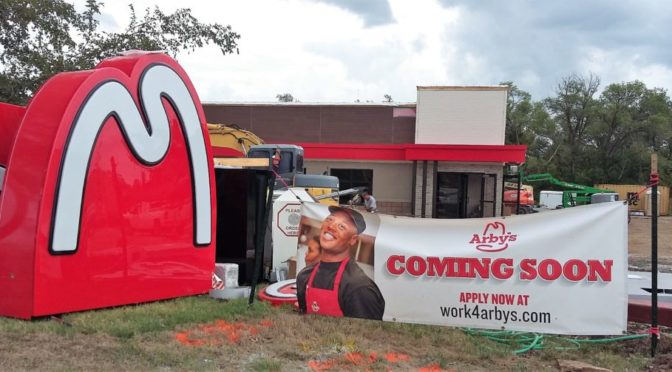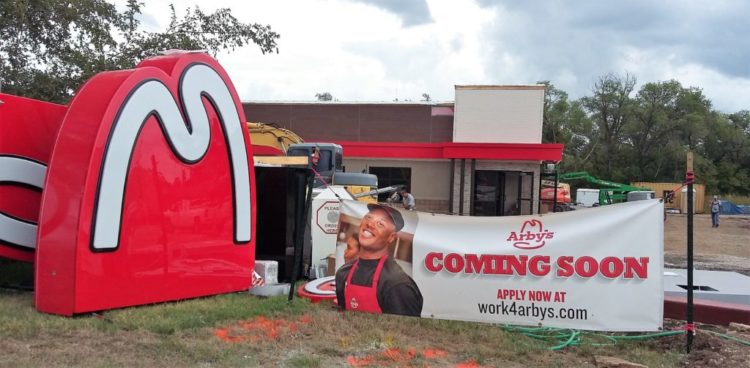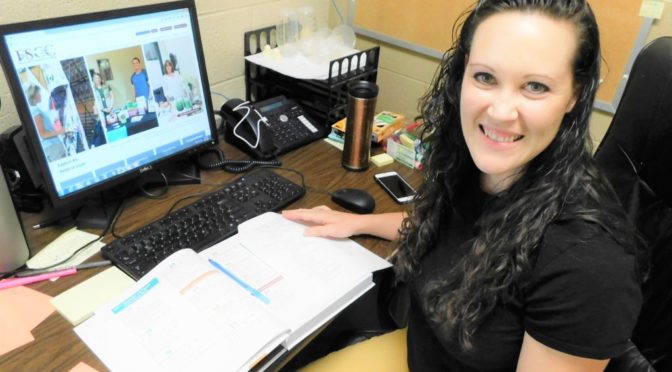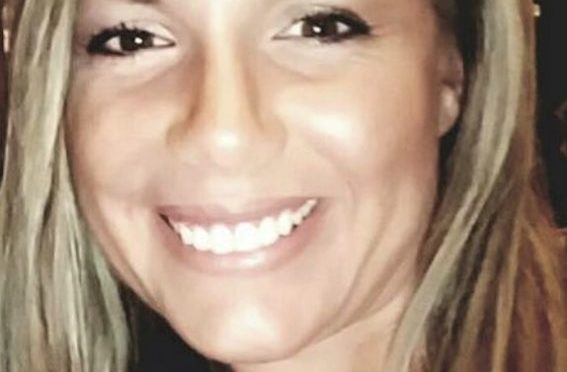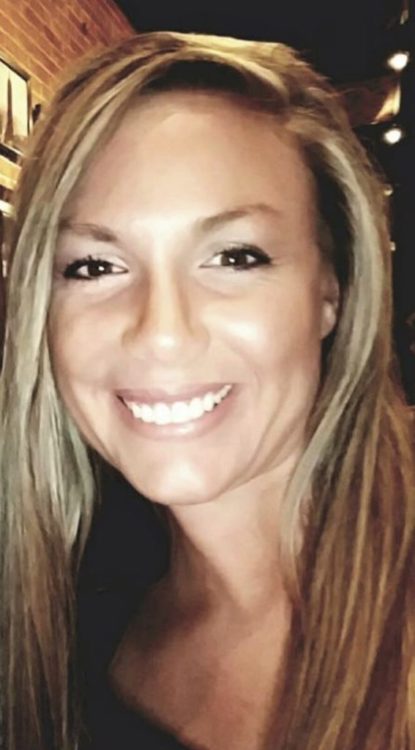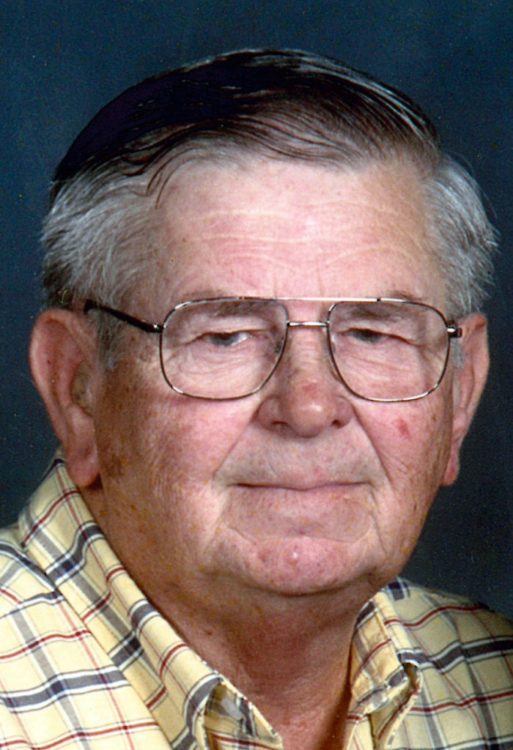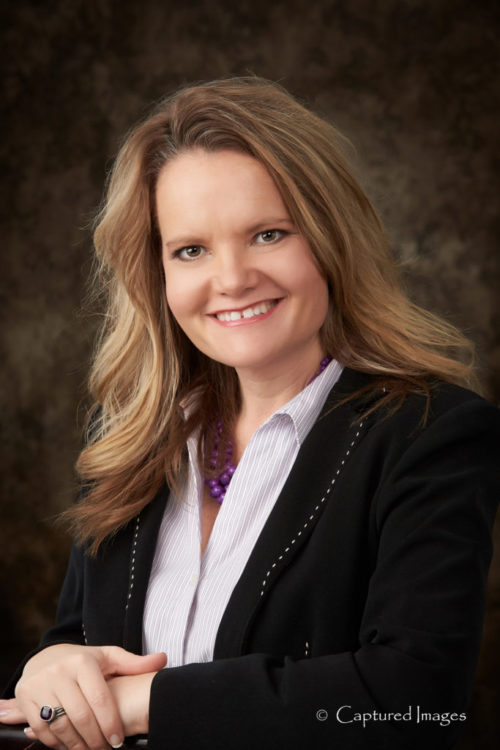
Submitted by: Carla Nemecek, Southwind Extension District Director & Agent
From the Kansas State University website, “K-State Research and Extension is a partnership between Kansas State University and the federal, state, and county governments. Research completed is used by extension agents and others to help solve community issues.” Although the word “trust” isn’t in our mission statement, it is a vital part of the extension relationship on a local level. It is also a word that I personally value, and certainly a topic worthy of further discussion.
There are two parts to trust: an intangible, “feeling” part and a performance record that confirms this trust. An active feeling of trust is confidence in leadership, indicated in ability and integrity. Trust is also expressed by the absence of worry or suspicion. Productive relationships are already based on trust, sometimes unrecognized and frequently taken for granted. The track record is a confirmation of well-placed trust.
Trust is a vital ingredient in all relationships. If you find it hard to trust someone, you are less likely to talk to that person. But, a relationship built on mutual trust is marked by open communication and fewer arguments. It’s the feeling of safety you have with another human being.
Many scholars have created lists of the characteristics of leaders. Trust always makes the list. Trust develops as the cumulative effect of one-on-one, day-to-day relationships. Trust is won or lost by how well you know yourself, how open you are to letting others see your real self, and how well you show your interest in others. These personal actions depend on you, regardless of the organization, committee, or other group.
Think of trust as an emotional bank account. If you make deposits with another person through courtesy, kindness, honesty, and promise-keeping, you build up a reserve. That person’s trust toward you becomes higher, and you can call on that trust when needed. When the account is high, communication is easy, instant, and effective. But, if you show discourtesy, disrespect, threats, or just do not listen, your emotional bank account will become overdrawn. Trust needs continuing deposits. Furthermore, it takes more deposits to outweigh a negative balance or withdrawal. One guideline suggests that every negative encounter requires six positive encounters to restore the original level.
You can show you are trustworthy by being responsible. Being open and honest with people is essential. In any relationship, it takes time and effort to develop trust, and trust and commitment are closely related. If you trust more, you are willing to commit more. Each person must accept some responsibility.
Trust is a relevant topic to the Southwind District because we recently added Woodson County to our Extension District Family. Folks in the Yates Center area will now have access to our Agents who specialize in a variety of areas – including Family Resource Management, Horticulture, Healthy Living Initiatives, 4-H activities and expanded SNAP-Ed programming in the schools. It is an exciting time of change, and we look forward to creating new partnerships across the 4-county District.
K-State Research & Extension in the Southwind District strives every day to be a trusted and reliable source of factual information for families – both urban and rural. If you would like to know more about us, please check out our website, www.southwind.ksu.edu
